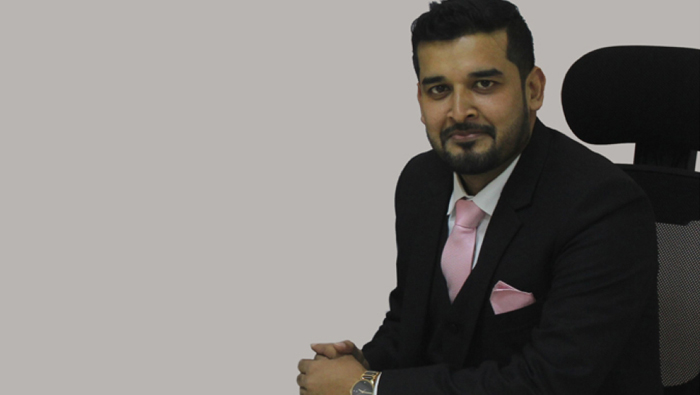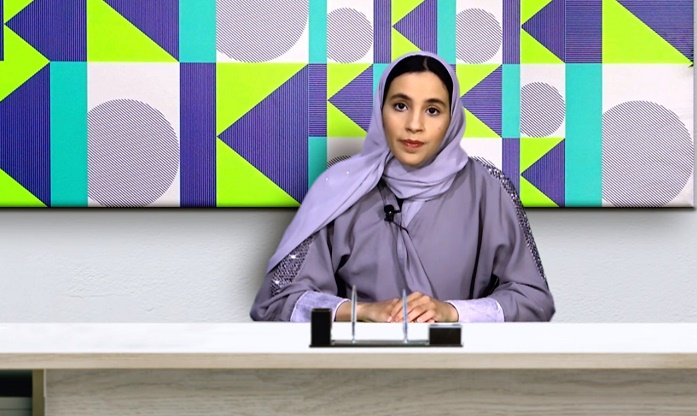

Muscat: Value added tax is due on excess stocks of goods that have been bought by companies to be sold to customers, even if they remain in storage once that company has ceased operations, a legal expert in the country has said.
VAT is expected to come into Oman on April 18, 2021, and companies that are liable to pay this tax are required to register before then.
“VAT shall be levied on all transactions in a supply chain, even if the revenue of products or services is not in fact sought after or realised,” said Ola Al Nabhani, a legal consultant at BK Law, a judicial firm in the country. “This includes the storage of products after one has ended or stopped conducting his commercial activity. It also includes products and services provided for free.”
“However, goods and services provided by commercial organisations as gifts are exempt from taxation,” she added, speaking to Times TV. “Unless specifically exempt by law, VAT applies to almost all products and services. You must know that as a commercial trader, whether you are engaged in marketing, distribution, manufacturing, or retail, you should budget for this tax.”
The imposition of value added tax in Oman was passed into law through the issue of the Royal Decree 121/2020 – Promulgating the Value Added Tax Law.
“VAT is calculated as five per cent of the total price of any given commodity or service. Being an indirect tax, those who have to pay tax if they are a part of the supply chain can claim a reimbursement,” explained Al Nabhani. “Consumers, however, are not entitled to one, because they are the end point of the supply chain.”
“Indirect taxes such as VAT are collected from consumers, be it at retail outlets, malls, or any other entities organised in the sale of goods and services,” she added, once again reminding those who are required to pay VAT to register well in advance of it coming into practice in the country.
VAT rates applied in the Sultanate are among the lowest in the world. With this tax being applied across more than 160 countries, global rates range between five and 27 per cent. The application of VAT will have a positive impact on economic and social development and the international competitiveness levels of the Sultanate, while strengthening its financial position.
This will help contribute to building a sustainable economy, as the tax collected will provide additional financial resources for the state that will enable it to improve public services, and help with continued development of infrastructure in the future.
Basic food commodities, goods and services related to medical care, goods and services pertaining to education, and items used by people with disabilities are all exempt from tax.
Furthermore, there will be no VAT added to sales deals involving residential real estate and vacant, undeveloped land.
VAT will also not be imposed on investments in gold, silver and platinum, as well as companies involved in supplying or operating vehicles that transport goods and passengers, by land, sea or air.
Companies involved in the supply of rescue and emergency service aircraft and other vehicles, as well as those operating in supplying crude oil and its derivatives, and natural gas, will also not need to pay VAT.